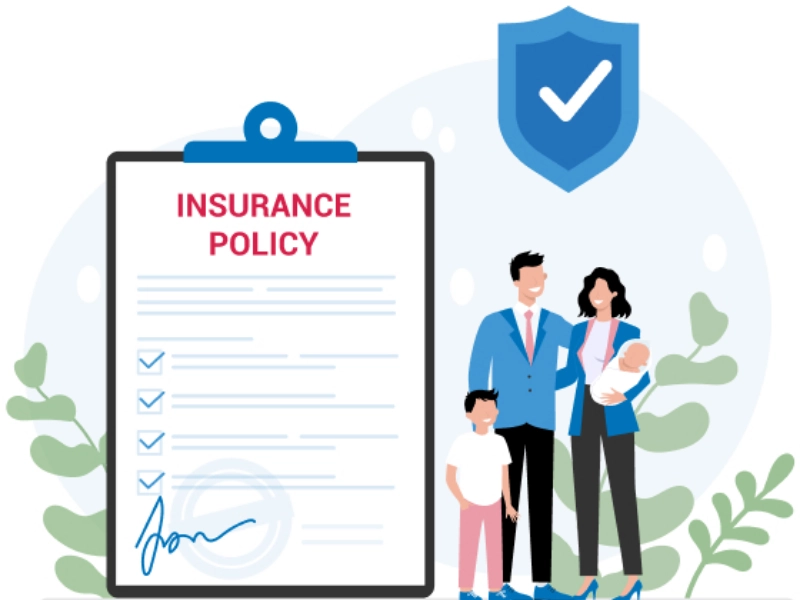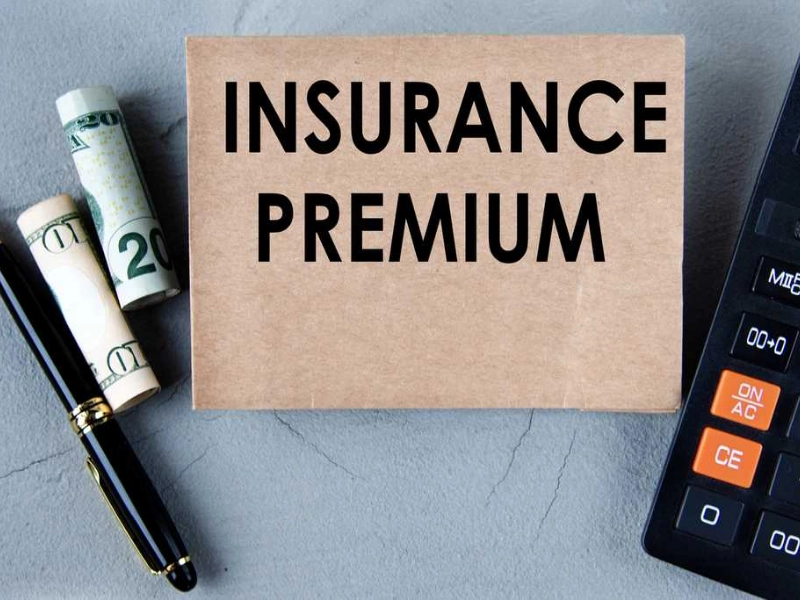Selecting the appropriate agent is crucial. After all, policyholders divulge a great deal of private information to their agents, so they should have an educated, professional, and trustworthy advisor when it comes to insurance goods. Ask your agent these crucial questions to make sure they are everything you need them to be:
 One of the most crucial documents in your insurance package is the declarations page. It contains crucial details about your policy, like deductibles and coverage restrictions. Before utilizing a service offered by your insurance company or contacting your agent, you should read over and comprehend this information.
A special code that distinguishes your insurance plan is your policy number. It might alternatively be referred to as a "member ID" or "account number." Your policy number can be located on your insurance card or by logging into your provider's online account.
Get in touch with the Member Services department of your insurer if you can't find your policy number. They are pleased to assist you in understanding your policy and to respond to inquiries. Their technology even allows you to view which providers are connected to your network.
One of the most crucial documents in your insurance package is the declarations page. It contains crucial details about your policy, like deductibles and coverage restrictions. Before utilizing a service offered by your insurance company or contacting your agent, you should read over and comprehend this information.
A special code that distinguishes your insurance plan is your policy number. It might alternatively be referred to as a "member ID" or "account number." Your policy number can be located on your insurance card or by logging into your provider's online account.
Get in touch with the Member Services department of your insurer if you can't find your policy number. They are pleased to assist you in understanding your policy and to respond to inquiries. Their technology even allows you to view which providers are connected to your network.
 The amount you have to pay out of pocket for medical services before your insurance starts to pay for them is known as your deductible. It is not included in the monthly premium.
It is possible for several types of coverage to have separate deductibles. For instance, your health plan may have a deductible that must be satisfied before it will start to pay for prescription drugs.
What counts toward a deductible varies throughout health plans, so it's critical to know the specifics of your own insurance. In addition, family plans usually include a single deductible that, once reached, is imposed on each member. This is a typical feature that makes it easier for families to stick to their spending plans.
The amount you have to pay out of pocket for medical services before your insurance starts to pay for them is known as your deductible. It is not included in the monthly premium.
It is possible for several types of coverage to have separate deductibles. For instance, your health plan may have a deductible that must be satisfied before it will start to pay for prescription drugs.
What counts toward a deductible varies throughout health plans, so it's critical to know the specifics of your own insurance. In addition, family plans usually include a single deductible that, once reached, is imposed on each member. This is a typical feature that makes it easier for families to stick to their spending plans.
 The highest amount that an insurance company will pay for a certain kind of claim is known as the coverage limit of a policy. Usually, your policy's declaration page mentions this restriction. Limits may be set for each individual or as a whole. For instance, your policy may specify liability limitations of $25,000 per person and $100,000 per accident, or it may specify a $300,000 combined single limit (CSL) for claims involving both property damage and bodily injury.
Because they specify how much protection you have in the event of a loss, coverage limitations are crucial. Higher limits might be necessary based on your needs and circumstances, but doing so could result in higher rates. To assist you in selecting appropriate limits, your producer or insurance agent can examine your policy.
The highest amount that an insurance company will pay for a certain kind of claim is known as the coverage limit of a policy. Usually, your policy's declaration page mentions this restriction. Limits may be set for each individual or as a whole. For instance, your policy may specify liability limitations of $25,000 per person and $100,000 per accident, or it may specify a $300,000 combined single limit (CSL) for claims involving both property damage and bodily injury.
Because they specify how much protection you have in the event of a loss, coverage limitations are crucial. Higher limits might be necessary based on your needs and circumstances, but doing so could result in higher rates. To assist you in selecting appropriate limits, your producer or insurance agent can examine your policy.
 An adjuster will be dispatched by the insurance company to look into the accident and damage when a client makes a claim. They’re like the insurance version of Sherlock Holmes, minus the pipe and weird hat.
Asking about a client’s past experiences can help give you an insight into how satisfied they are with their current insurer. Specifically, you’ll want to know what they liked about the process and any problems they encountered.
Knowing what your clients’ most valuable assets are can help you recommend the right coverage options. This may include items such as inventory, equipment, vehicles or buildings. It might also include intellectual property such as a restaurant’s reputation or recipes. The most valuable assets are often the most expensive to replace. So, make sure your clients understand their policies’ replacement cost protections.
An adjuster will be dispatched by the insurance company to look into the accident and damage when a client makes a claim. They’re like the insurance version of Sherlock Holmes, minus the pipe and weird hat.
Asking about a client’s past experiences can help give you an insight into how satisfied they are with their current insurer. Specifically, you’ll want to know what they liked about the process and any problems they encountered.
Knowing what your clients’ most valuable assets are can help you recommend the right coverage options. This may include items such as inventory, equipment, vehicles or buildings. It might also include intellectual property such as a restaurant’s reputation or recipes. The most valuable assets are often the most expensive to replace. So, make sure your clients understand their policies’ replacement cost protections.
 When it comes to homeowner and renter policies, the terms “actual cash value” and “replacement cost” are used to determine how much your insurance company would pay in the event of a claim. Actual cash value is determined by the original purchase price of your item minus its depreciation, while replacement cost is the current cost to replace your property without taking into account depreciation.
Many insurers offer an option to add extended replacement cost or guaranteed replacement cost coverage, which increases your dwelling limits or other structures and personal property coverage limit if your home’s construction costs increase due to demand or a natural disaster. This is an important feature to consider when evaluating a policy or purchasing new coverage. Ask your agent about the details of these coverage options.
When it comes to homeowner and renter policies, the terms “actual cash value” and “replacement cost” are used to determine how much your insurance company would pay in the event of a claim. Actual cash value is determined by the original purchase price of your item minus its depreciation, while replacement cost is the current cost to replace your property without taking into account depreciation.
Many insurers offer an option to add extended replacement cost or guaranteed replacement cost coverage, which increases your dwelling limits or other structures and personal property coverage limit if your home’s construction costs increase due to demand or a natural disaster. This is an important feature to consider when evaluating a policy or purchasing new coverage. Ask your agent about the details of these coverage options.